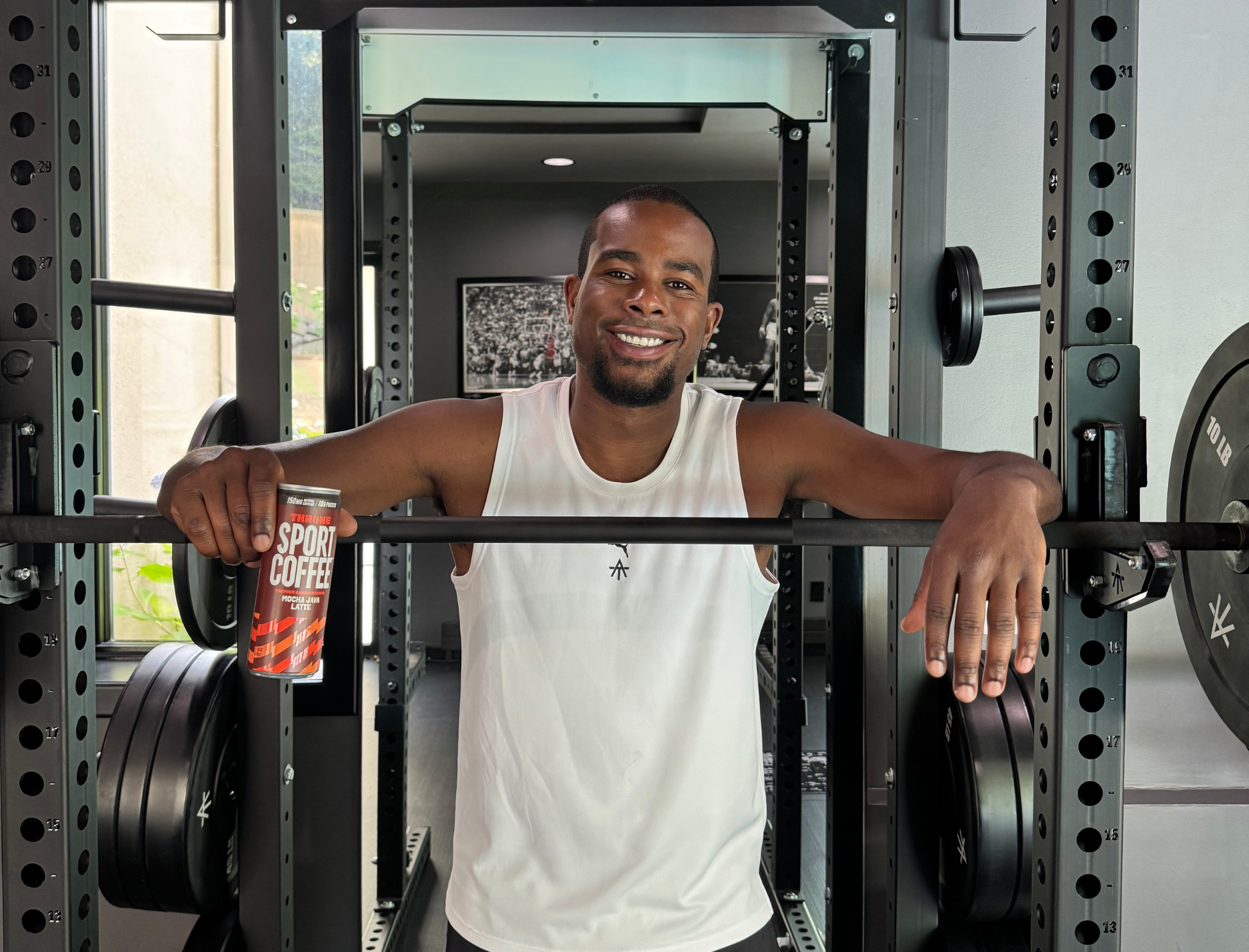Don't Let a Little Sickness Stop You From Staying Active – Here's How
Cold & flu season is here again. Here's how to workout if you're feeling under the weather.

It's that time of year again – cold and flu season, and it can be tough to stay active when you're not feeling well. Did you know that exercise can help boost your immune system? This article discusses working out when you're feeling sick and how staying active can help you feel better!
Is it OK to work out when you're sick?
The answer is, well, it depends. In general, you should avoid strenuous exercise if you're experiencing symptoms such as nausea, diarrhea, chest congestion, or difficulty breathing. You should also skip the gym if you know your symptoms are contagious to those around you. However, engaging in light activity is usually OK if your symptoms are limited to a runny nose and mild sore throat, like a head cold.
The "above the neck" rule is a guideline that many experts suggest people follow when deciding whether to work out while sick. If you're only experiencing symptoms like a stuffy nose, sneezing, or an earache above your neck, this theory suggests it's still OK to exercise at a mild intensity for a shorter period (1).
But if you're feeling symptoms like nausea, body aches, fever, diarrhea, etc., in your lower half of the body, it's best to skip your workout and rest until these pass. The key is to listen to your body and not push yourself too hard.
Plenty of evidence suggests exercise can be beneficial when you're sick. It can help boost immune system function by improving body circulation and allows white blood cells to move more efficiently and fight infection (2). Just twenty minutes can be enough to reap these benefits.
What's the best type of exercise to boost immunity?
Studies suggest low-intensity aerobic activity is the best type of exercise to help the immune system function. Think running, cycling, swimming, or even brisk walking. The goal when using aerobic activity to boost your immune system is to stimulate your immune cells by keeping your heart rate elevated for a sustained period.
What about strength training?
There's less research backing up the benefits of strength training when it comes to immune system function. Still, the consensus is that light-to-moderate intensity strength training can help boost immune cells if done in moderation (3). The same goes for high-intensity interval training or muscle-damaging workouts, like heavy lifting - the consensus is they are likely OK at low intensity.
The point is you don't want the muscle repair process to compete with your immune function. So if you're feeling sick, it's best to stick with aerobic activities and lighter strength training.
Try one of these exercises for 30 minutes or less when you're feeling under the weather:
- Brisk walking
- Yoga or Pilates
- Light weight lifting
- Cycling
- Swimming
- Low-impact aerobics
No matter what type of exercise you choose, staying hydrated is essential. Drink plenty of water and get enough sleep. If you start feeling worse while exercising, stop and rest.
Remember, exercise can be beneficial for immune system function – even if you're feeling under the weather. Stick with mild-intensity aerobic activities or light-to-moderate strength training to boost immune cells without taxing your body. Listen to your body and rest.
Get the headlines delivered straight to your inbox.

.png)




.jpg)





